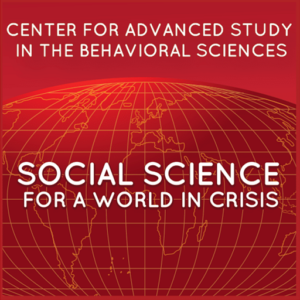
On Exhibit: Local Color
The Center is pleased to present this exhibit of photographs that reveal some of the striking beauty and complex history that make North Carolina a compelling place to live and work. Joel Elliott and Richard Schramm have spent years traveling around the state and the Southeast capturing images that reveal the complex character of this region and its people in details that we might otherwise miss.








